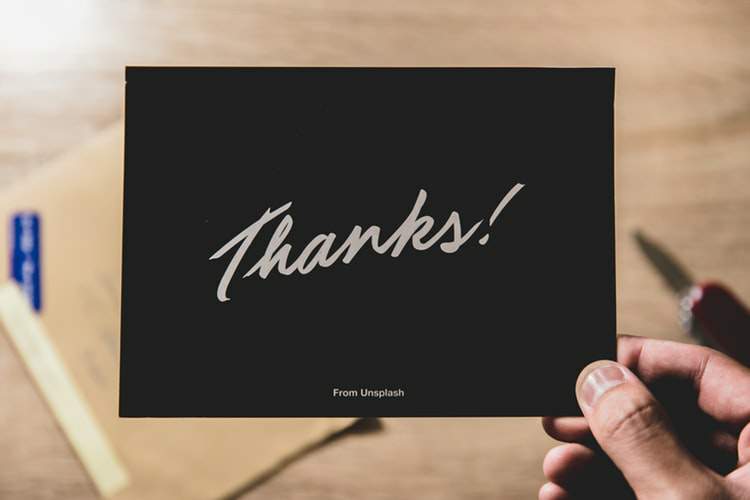You work as a financial advisor. Recently, one of your clients suffered a back injury that would effectively prevent him from carrying out his normal work as a plumber – the job he has had his whole life. You know that in theory, your client should be able to access Total Permanent Disability Insurance (TPD).

You work as a financial advisor. Recently, one of your clients suffered a back injury that would effectively prevent him from carrying out his normal work as a plumber – the job he has had his whole life. You know that in theory, your client should be able to access Total Permanent Disability Insurance (TPD).
However, you know that TPD claims rarely get paid out in practice, because of the many and complex forms of evidence needed to validate this claim. Luckily, your firm has a legal team to assist in this process, which you were able to mobilise to maximise the success of the claim, which was eventually accepted by the insurance company and paid out.
Having successfully helped a client receive what is effectively a retirement payout that will increase their quality of life incredibly, they have thanked you for your services and given you a card and bottle of wine. After the client leaves the office, you open their card to find $2,000 cash inside accompanying a note “Please accept as our sincere thanks, this small token of appreciation. You certainly deserve it”.
You have tried to return the money in person, but your client refused to take it back.
What whould you do?
Business can sometimes lead the way in our day-to-day working lives but it's important to put ethics at the forefront.
We challenge you to create a healthy discussion with your colleagues and post a comment below. You could even encourage them to consider taking The Banking and Financial Services Oath!
Please share your ethical dilemmas with us - we can post them anonymously. You can email your dilemmas to dilemma@bfso.org